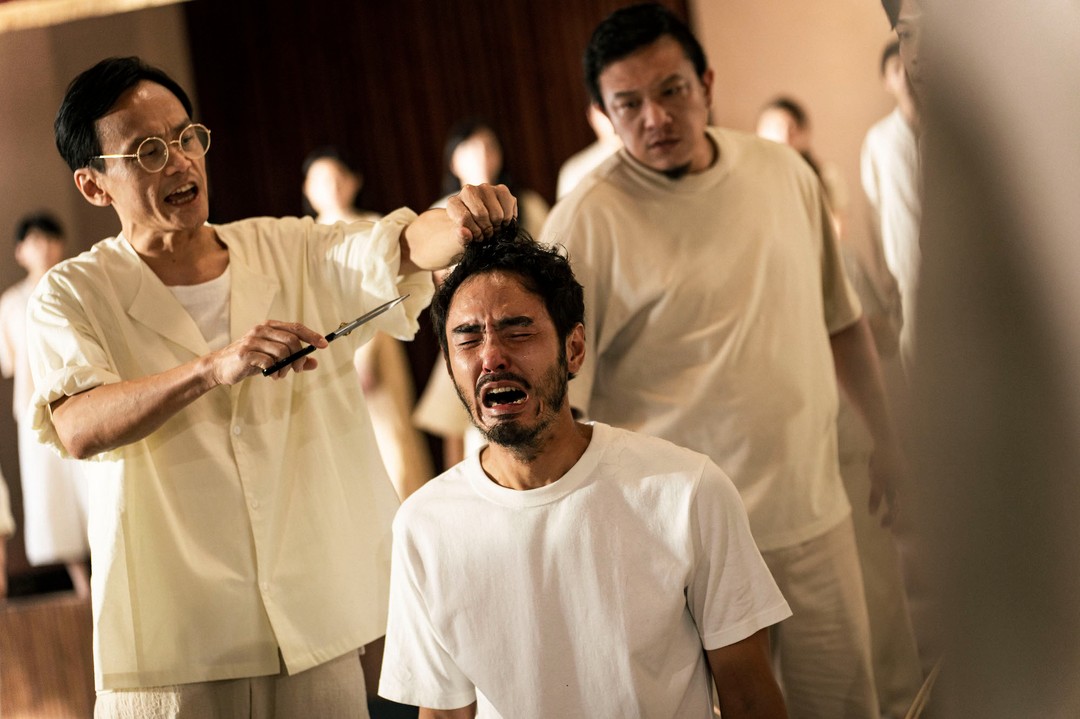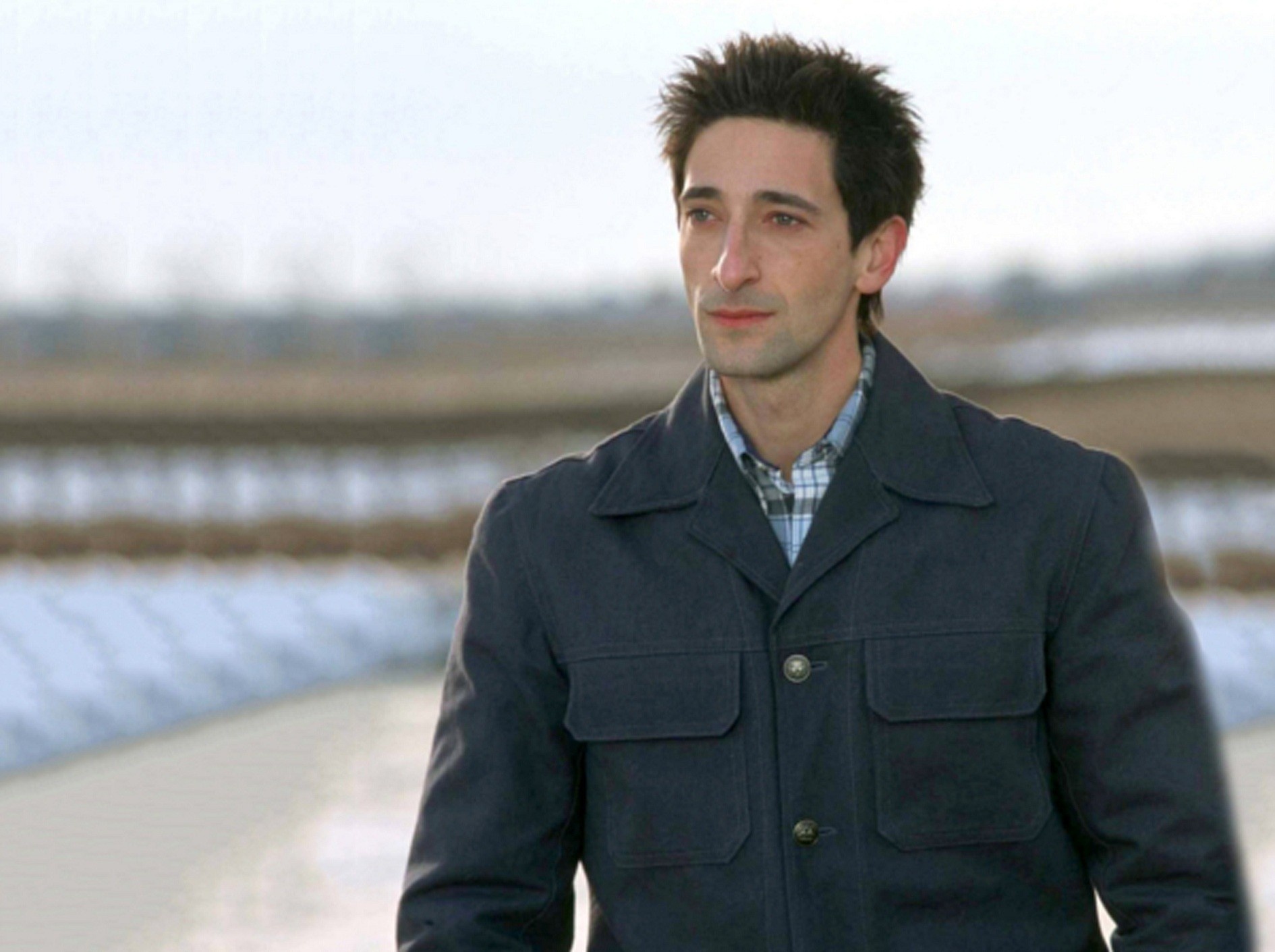It’s been 100 years since Walt Disney and his brother Roy launched the Disney Brothers Cartoon Studio, a small animation house that would grow to become the Walt Disney Company. A century later, Disney has ballooned into a corporate colossus, a multi-billion-dollar conglomerate that stretches across film, TV, news, sports, theme parks, cruises, and merchandising. The Disney name is practically synonymous with children’s entertainment, and even as the company has ventured into superhero stories and distant galaxies, it’s remained committed to its animated roots, releasing more than 60 animated films since its first, 1937’s Snow White and the Seven Dwarfs. (That number doesn’t even include releases from corporate subsidiaries like Pixar.)
Over the years, Disney has found inspiration in talking mice and singing princesses, but now, the studio is using itself as source material, celebrating its centennial with Wish (out Nov. 22). Directed by Disney vets Chris Buck and Fawn Veerasunthorn (Frozen), the new animated film is a self-referential fairy tale, packed with winking nods and callbacks to past Disney films. It’s all very charming, and all those Easter eggs are sure to satisfy the hordes of obsessive Disney nerds. But the problem with constantly referencing other animated classics is that you inevitably invite comparison — and there, Wish comes up short. The result is a serviceable fairy tale that feels more like a lengthy advertisement, lacking that original Disney magic.

The story itself is heavily inspired by longtime corporate anthem “When You Wish Upon a Star,” first sung by Jiminy Cricket in 1940’s Pinocchio. Our wide-eyed Disney heroine is 17-year-old Asha (voiced by Oscar winner Ariana DeBose), who lives in the magical kingdom of Rosas, a seeming utopia led by the handsome and beloved sorcerer Magnifico (Chris Pine). In Rosas, every resident makes a wish when they turn 18 — a wish that they immediately forget, as they hand it over to the wizard. Magnifico squirrels away the wishes in his castle, only deigning to grant one occasionally. He insists that it’s the only way to keep the kingdom safe, and in return, the residents of Rosas are no longer burdened by their greatest hopes and dreams, content to live happily ever after under Magnifico’s rule.
The optimistic Asha applies to become a literal sorcerer’s apprentice (sound familiar?), eager to help Magnifico grant the kingdom’s wishes. But she soon discovers that Magnifico is more of a paternalistic authoritarian, and most wishes will go ungranted, forever locked away in Magnifico’s tower. Determined to find another way, Asha looks up to the night sky as she delivers a classic Disney “I Want” song (“This Wish”). As she sings, a star comes crashing out of the heavens — a tiny, celestial creature named (you guessed it) Star. Together with her magical new friend and a talking goat named Valentino (Alan Tudyk), Asha sets out to free the wishes of Rosas, sparking kingdom-wide rebellion along the way.
A studio making a feature-length advertisement for its own IP is nothing new. To its credit, Wish sprinkles in the Disney references lightly, mostly treating them as Easter eggs for eagle-eyed fans. The lighter touch is appreciated, especially when compared to other recent releases like Space Jam: A New Legacy or Ready Player One, both of which seemed to exist purely to show off Warner Bros.’ vast archives. Wish is smart to treat all its references as the seasoning, not the main meal — a hidden Mickey here, a Bambi name drop there — and for the most part, the film allows Asha’s story to stand on its own.
The problem is that Asha’s story lacks an original perspective, especially when compared to past Disney classics. The best Disney movies have a specificity to their settings, whether it’s the tropical oceans of Moana, the vast deserts of Aladdin, or the savannahs of The Lion King. In comparison, Wish feels like a generic medieval fairy tale set in a generic and vaguely European kingdom. Rosas has some beautiful vistas, and it looks lovely drawn in the film’s 2-D/3-D hybrid style. But it never feels as fully realized as an Arendelle, Agrabah, or Neverland. In other words, don’t expect Disney World to build a theme-park version of “Rosas Land” anytime soon.
Even Asha herself feels like a composite of the last 100 years. Like nearly every Disney heroine before her, she’s got big eyes and an even bigger heart, with a soaring voice that can charm a whole forest of woodland creatures. She’s fiercely loyal to her friends and her community, of course, but outside of that, she lacks any specific personality traits — especially when compared to memorable heroines like Moana, Mulan, or Megara. Her talking goat sidekick Valentino — voiced by longtime Disney staple Tudyk — is even more interchangeable, existing only to deliver the occasional quip and presumably sell lots of stuffed toys this holiday season.
As animated kids’ movies go, Wish is certainly above average, clearly assembled with the love and attention to detail that has made Disney a powerhouse brand for the last century. The animation is beautiful, the jokes mostly land, and the songs (written by Julia Michaels and Benjamin Rice) seem destined to become Disney karaoke night staples. (At my screening, Pine’s big villain number drew cheers and applause.) But Wish is so obsessed with the past that it fails to add anything new of its own. If you’re going to pay tribute to 100 years of Disney magic, you can’t forget to save a little magic for yourself.



